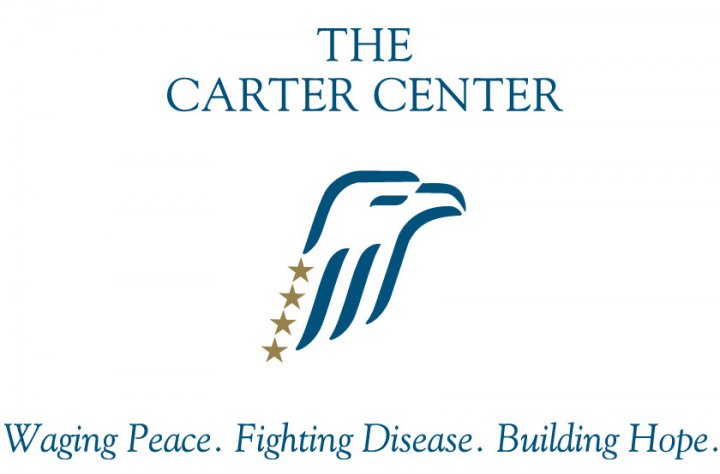Democracy Through Data: The Carter Center Monitors Elections with Twilio SMS
Time to read: 3 minutes

The list of problems on the Carter Center’s to-do list range from “solve world hunger” to “restore democratic process in developing countries” to “improve healthcare worldwide.” They’re not grasping at low hanging fruit. For the Carter Center, tackling complex problems worldwide requires two things: great data processes, and unflinching commitment to a goal. They’ve never been short on commitment, but have wrestled with cumbersome methods of data collection.
In 2013, the Carter Center used SMS to allow their employees to text in critical information on democratic elections in Tunisia and the Congo. Now they’re scaling their Election Monitoring program (ELMO) even further with 30,000 election observers sending over 1 million messages containing valuable election information. To make sure every single message is delivered and logged, they chose Twilio.
Introducing ElMo, Open Sourced Election Monitoring, Powered By Twilio SMS
The Carter Center doesn’t hide from its past of Excel spreadsheets, paper and pen. The Carter Center also doesn’t conceal the code they use to lead governments to a brighter future. Moving form an analog information collection system, to an open sourced code based system was tremendously important to their success.
In the past, they used paper and pen to log information, and employed data entry teams to digitally log the information they collected at voting sites. Observers would fill out data entry forms to record if there was any disruptive activity at the voting sites, any illegal campaigning, ballot tampering and a whole host of other variables. Now, observers use mobile tablets and new software (which the Carter Center has open sourced) to log that information.
“Our goal for ELMO is to make it a robust and powerful tool for monitoring elections and human rights that is also a public good. So, effectiveness for us would be an increase in the number of organizations and groups that use it worldwide,” says Connie Moon Sehat, Associate Director of The Carter Center.
A big roadblock for ELMO was finding a reliable avenue to get data from the field to headquarters in Washington in a timely, and economically sensible manner. The Carter Center tried working with a vendor in 2013 for the Democratic Republic of Congo’s election but ran into some problems. “We used a different international gateway provider, but it was very expensive and required a lengthy process via email and phone to set up each receiving number,” says Sehat.
Scaling Election Monitoring
When you’re coordinating 30,000 election observers around the world and gathering all the data from those 30,000 observers, you can see how little hiccups in a process become big problems. Switching to Twilio helped The Carter Center adopt a more scalable number provisioning system. Using Twilio.org The Carter Center got up and running fast without having to worry about financial outlay. They can now easily provision numbers where they need them and manage those numbers through a self service account portal.
“We have found that cost effectiveness, reliability, and optimization of what exists right now is also important in some of the contexts in which we work,” said Sehat. “Our developer team looked around and discovered Twilio. The modification was easy, and in addition to being cheaper, Twilio makes it easy for us to set up unique numbers. It’s been working great.”
You can learn more about Twilio.org here. Check out the work the Carter Center is doing around the world here.
Related Posts
Related Resources
Twilio Docs
From APIs to SDKs to sample apps
API reference documentation, SDKs, helper libraries, quickstarts, and tutorials for your language and platform.
Resource Center
The latest ebooks, industry reports, and webinars
Learn from customer engagement experts to improve your own communication.
Ahoy
Twilio's developer community hub
Best practices, code samples, and inspiration to build communications and digital engagement experiences.


